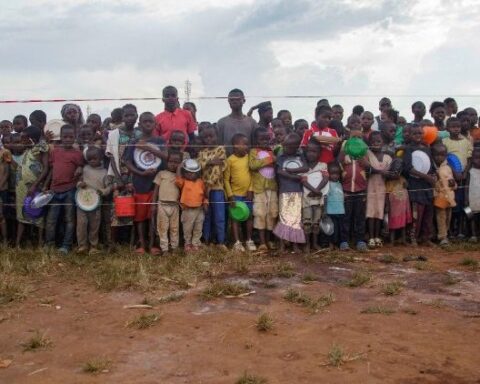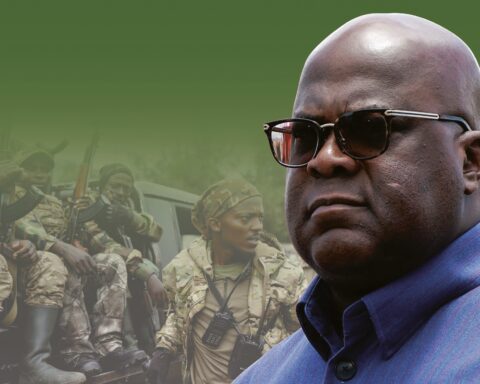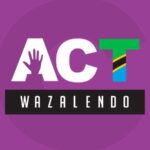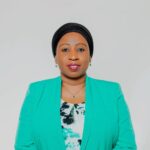As the Democratic Republic of Congo (DRC) grapples with a protracted crisis marked by violence, political instability, and humanitarian challenges, the international community’s response remains alarmingly muted.
Despite the DRC’s rich natural resources and its strategic importance to regional stability, global attention has largely shifted away, leaving the country to navigate its turmoil largely unsupported. This indifference not only exacerbates the suffering of millions of Congolese citizens but also undermines efforts to achieve lasting peace and development in a nation that has long been a focal point of conflict in Africa.
For many years ,the Democratic Republic of Congo (DRC) has faced a series of crises and conflicts that have largely faded from the collective consciousness of the rest of Africa and globally.
However, a dedicated group of scholars, intellectuals, and thinkers from across the continent remains deeply engaged in addressing the ongoing turmoil in this vast nation. Their commitment underscores the vital importance of the DRC not only to its own citizens but to the broader ideals of Pan-Africanism.
A week ago these concerned minds convened through the The Pan-African Dialogue Institute (TPADI),an international think tank of African academics, professionals, students, civil society and grassroots leaders in different fields of life within Africa and the Diaspora, coming together for the study, practice, and propagation of Pan-Africanism. Their core mission is to delve into the root causes of the DRC’s enduring conflicts.
Also Read:https://mediawireexpress.co.tz/ecowas-launch-its-golden-jubilee-celebrating-50-years/
They examined issues such as historical injustices, resource exploitation, and the impact of foreign interventions, recognizing that these factors have contributed to a cycle of violence and instability. The discussions highlighted how the DRC’s struggles resonate throughout Africa, as the nation’s challenges reflect broader systemic issues that affect regional cooperation and unity.
The implications of the DRC crisis extend far beyond its borders. As one of Africa’s most resource-rich countries, its instability poses a significant threat to regional economic development and security. The disarray in the DRC can hinder efforts toward Pan-African solidarity, as nations grapple with their own challenges while being unable to support one another effectively.
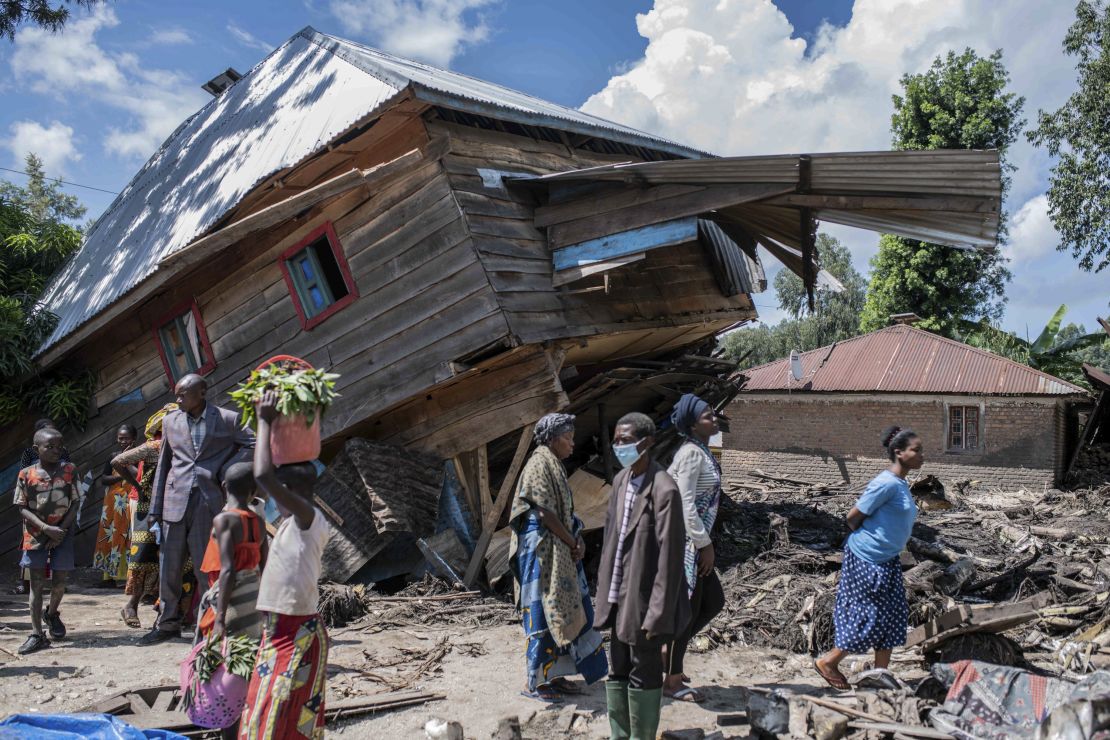
In their meeting, participants not only analyzed the conflicts but also sought practical solutions to foster peace and development in the DRC. They emphasized the need for collaborative efforts among African nations to address these pressing issues collectively. By prioritizing dialogue and cooperation, they believe that it is possible to pave the way for a more stable and prosperous future for the DRC, which in turn would strengthen Pan-Africanism as a whole.
Ultimately, the commitment of these scholars and thinkers serves as a reminder that the fate of the DRC is intertwined with the aspirations of all African nations. Their work is crucial in rekindling awareness and action regarding the DRC crisis, reinforcing the idea that true Pan-Africanism requires solidarity in addressing the challenges faced by all member states.
Also Read:https://mediawireexpress.co.tz/tundu-lissu-demands-in-person-trial-amid-legal-dispute/
Critics argue that the assassination of Patrice Lumumba, following independence, plunged the DRC into chaos during the Cold War, serving as a dire warning to other African leaders about the potential consequences of political instability. Patrice Lumumba was a Congolese politician and independence leader who served as the first prime minister of the Democratic Republic of the Congo from June until September 1960, following the May 1960 election. He was the leader of the Congolese National Movement from 1958 until his assassination in 1961
In the 1960s, Nairobi attempted to mediate between the warring Congolese factions, but external influences thwarted these efforts at reconciliation. During the 1970s, Mobutu Sese Seko became a favored ally of Western powers, even as he systematically drained his country’s resources. He amassed immense wealth while driving the DRC into bankruptcy, to the extent that he could lend money to his own government. Additionally, he sought to influence events in Angola by supporting Holden Roberto,an Angolan politician who founded and led the National Liberation Front of Angola from 1962 to 1999
Despite his corrupt regime, Mobutu received respectful treatment during his visits to the United States,with Jimmy Carter as the then President .
The humanitarian crisis in eastern DRC is worsening, fueled by escalating armed conflict between the FARDC and M23 rebels, which has resulted in the displacement of over 700,000 individuals since January 2025. Women and girls face heightened risks amid increasing security threats and rampant gender-based violence.
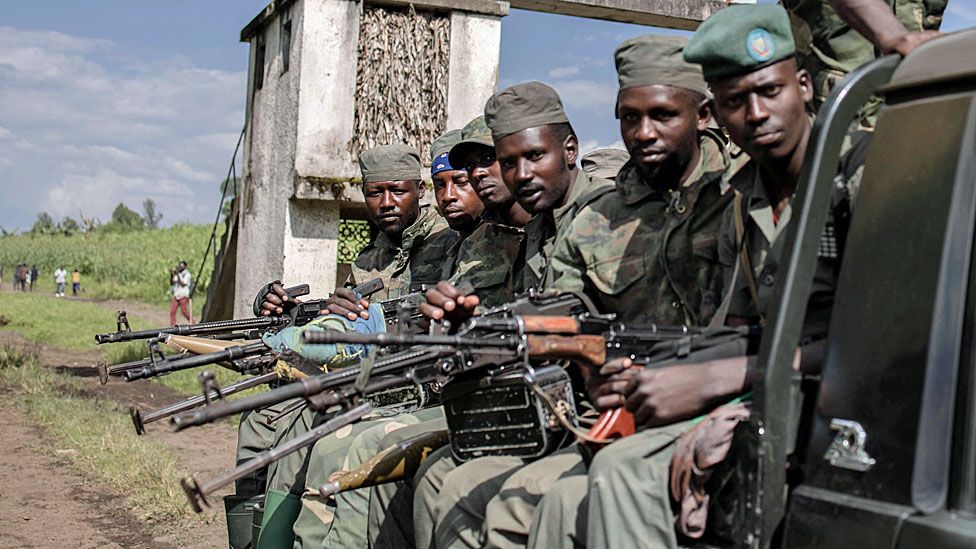
The United Nations Population Fund (UNFPA) urgently seeks $18 million to maintain essential reproductive health and protection services for women, girls, and youth. In response to the escalating situation, UNFPA has activated a Level 3 (L3) emergency response—the highest humanitarian alert within the UN system—allowing for an expansion of operations, improved coordination, and the mobilization of critical resources to address the urgent needs of those affected.
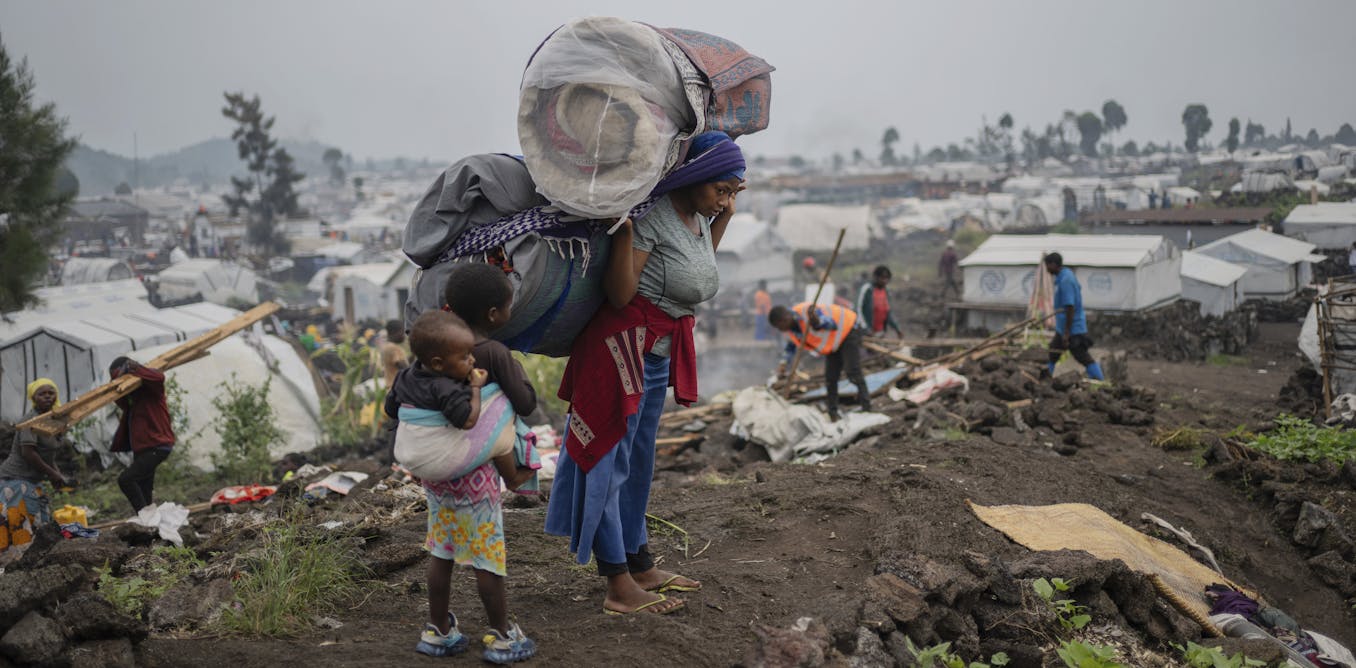
Congo is geographically a big country and there actually seems to be two countries in one, Eastern and Western Congo.
Those in Eastern Congo appear to be closer to East African countries than to Western Congo. To them, the zone around Kinshasa in Western Congo is like a foreign country and Eastern Congo is similarly a foreign country to those in Kinshasa. Congo is rich in strategic minerals and such other forms of wealth like rubber and timber.
The Democratic Republic of Congo (DRC) epitomizes the profound contradictions within Africa, characterized by vast wealth existing alongside pervasive poverty. Historically, it has been a magnet for colonizers seeking to exploit its abundant resources, leaving behind a legacy of suffering for the African population who bear the brunt of colonial exploitation. Today, the DRC continues to draw the attention of foreign adventurers and resource plunderers, perpetuating a cycle of extraction that exacerbates the struggles of its people.


